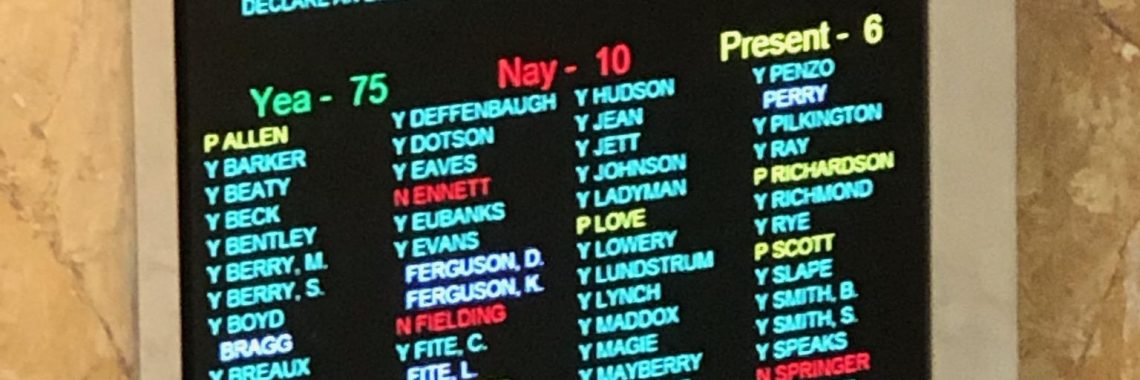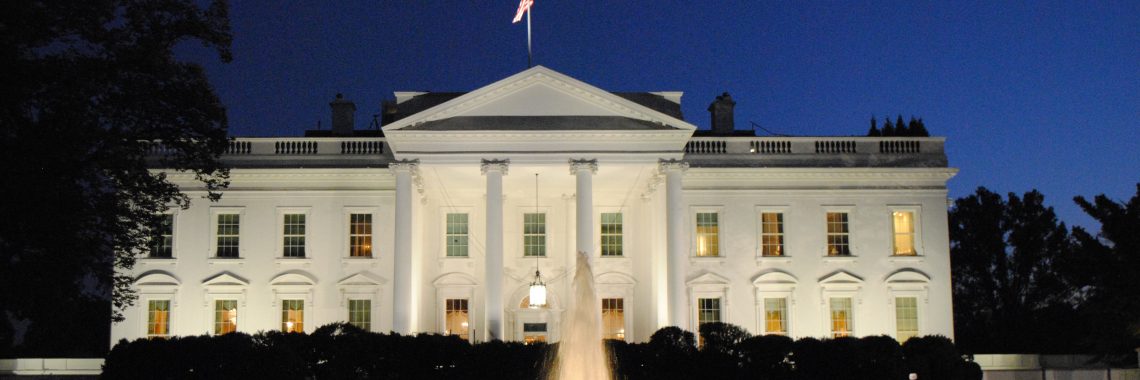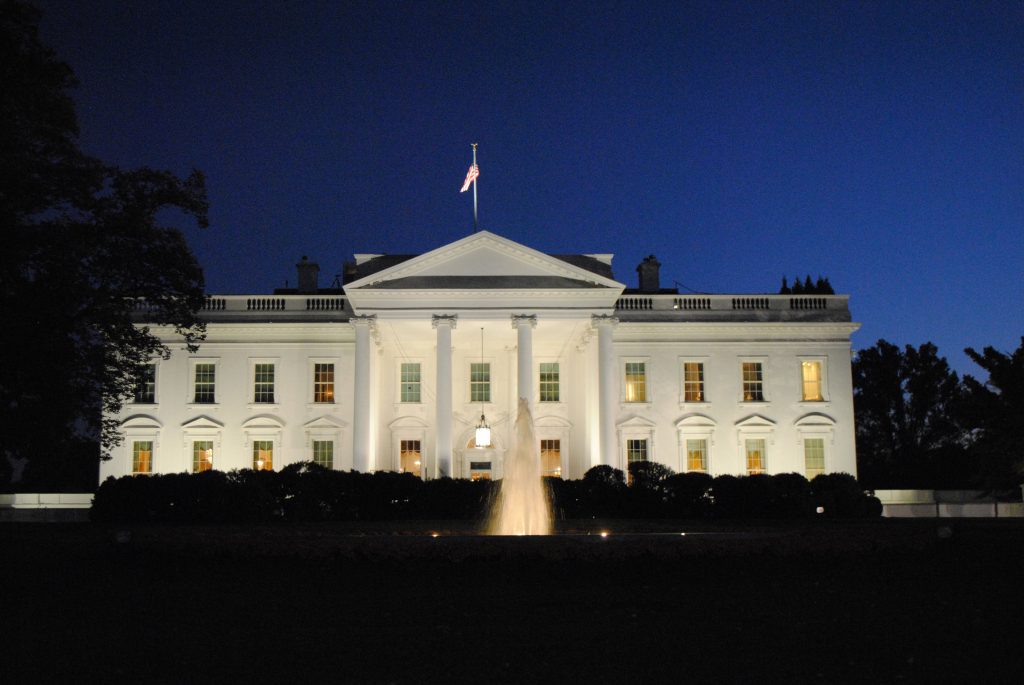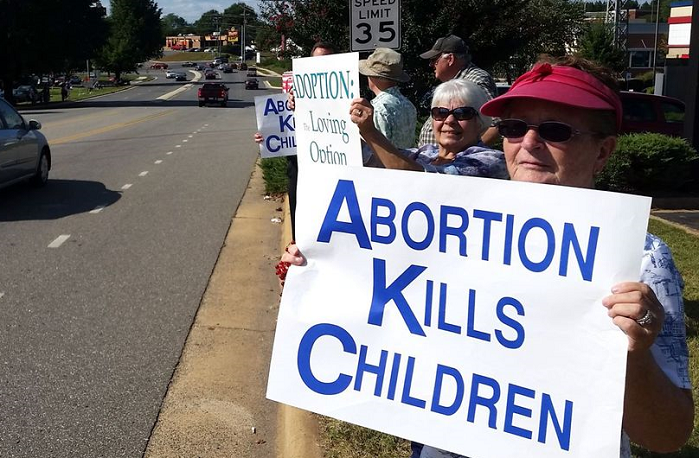Arkansas House Passes H.B. 1211 Declaring Religion is Essential
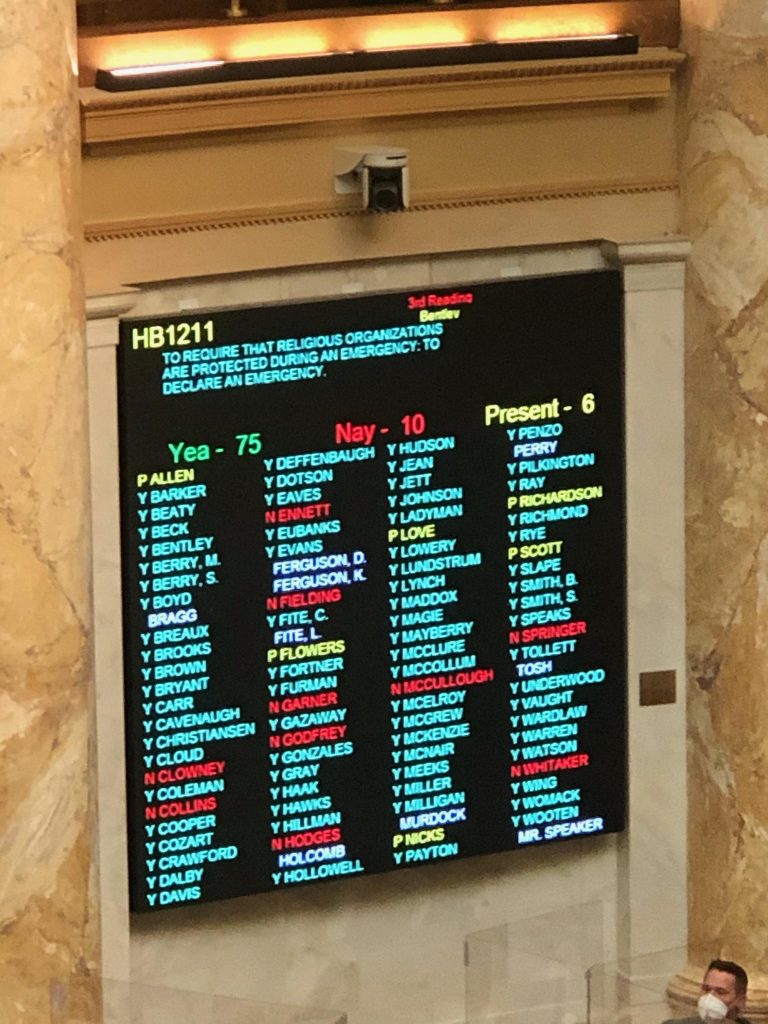
On Thursday afternoon the Arkansas House of Representatives passed H.B. 1211 declaring religion is essential.
This good bill by Rep. Mary Bentley (R – Perryville) and Sen. Kim Hammer (R – Benton) recognizes that religion and religious organizations are essential in Arkansas.
Public officials have the authority to protect health and public safety, but the the free exercise of religion is never suspended.
H.B. 1211 ensures our government never closes churches during a disaster or other emergency.
H.B. 1211 protects churches from being singled out during an emergency. It prevents the government from penalizing a church that meets during an emergency. And it requires churches to comply with the same basic health and safety standards as everyone else.
Churches and charities support their communities during an emergency. They need to be free to serve people without worrying that the government might punish them. H.B. 1211 provides that protection.
H.B. 1211 passed with 75 votes; 10 representatives voted against it. The bill now goes to the Arkansas Senate.
Voted For The Bill
- Barker
- Beatty Jr.
- Beck
- Bentley
- Berry
- M. Berry
- Boyd
- Breaux
- Brooks
- Brown
- Bryant
- Carr
- Cavenaugh
- Christiansen
- Cloud
- Coleman
- C. Cooper
- Cozart
- Crawford
- Dalby
- M. Davis
- Deffenbaugh
- Dotson
- Eaves
- Eubanks
- Evans
- C. Fite
- Fortner
- Furman
- Gazaway
- Gonzales
- M. Gray
- Haak
- Hawks
- Hillman
- Hollowell
- Hudson
- Jean
- Jett
- L. Johnson
- Ladyman
- Lowery
- Lundstrum
- Lynch
- Maddox
- Magie
- J. Mayberry
- McClure
- McCollum
- M. McElroy
- McGrew
- McKenzie
- McNair
- S. Meeks
- Miller
- Milligan
- Payton
- Penzo
- Pilkington
- Ray
- Richmond
- Rye
- Slape
- B. Smith
- S. Smith
- Speaks
- Tollett
- Underwood
- Vaught
- Wardlaw
- Warren
- Watson
- Wing
- Womack
- Wooten
Voted Against The Bill
- Clowney
- A. Collins
- Ennett
- Fielding
- D. Garner
- Godfrey
- M. Hodges
- McCullough
- Springer
- D. Whitaker
Voted “Present” On the Bill
- F. Allen
- V. Flowers
- Love
- Nicks
- Richardson
- Scott
Did Not Vote
- Bragg
- K. Ferguson
- D. Ferguson
- L. Fite
- Holcomb
- Murdock
- Perry
- Tosh
- Shepherd

